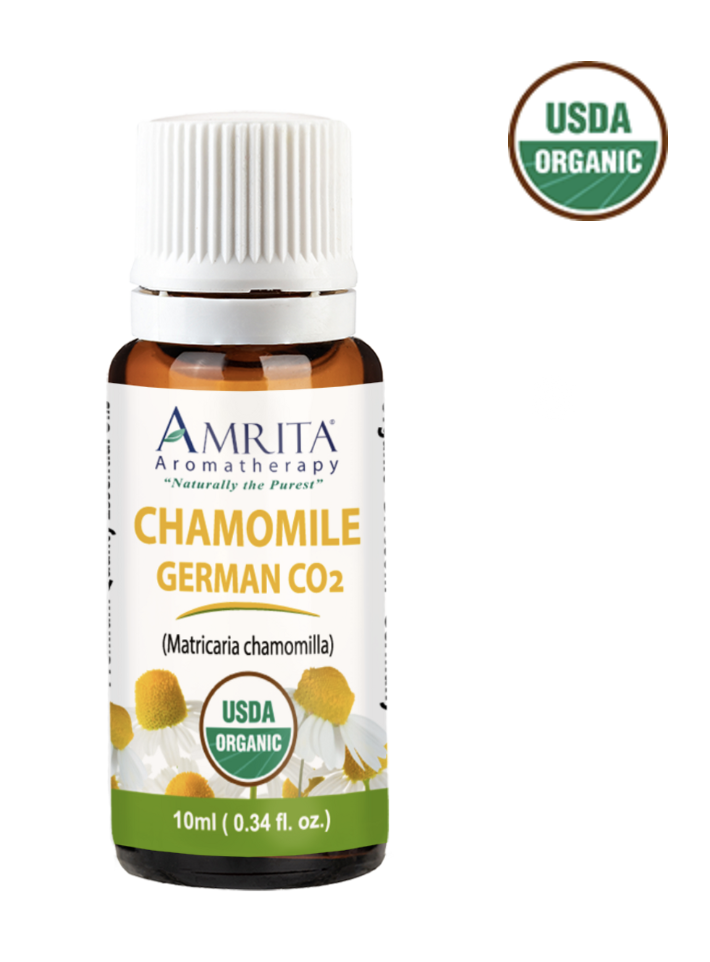Disclaimer
Please note that some of the links below are affiliate links and that IHMNY may earn a small percentage of profit from qualifying purchases at no cost to you. All affiliate links are for products that she personally uses, supports or would recommend even without an affiliate link. At IHMNY, our first priority is providing valuable information and resources to help you create positive changes in your life. Therefore, we will only ever link to products or resources that we believe fit within this purpose.
Supplements
Supplements, including vitamins, can be powerful tools in a migraine treatment or prevention plan. However, not all supplements are created equal, as there are many differences in quality among available brands. To help choose quality supplements for our patients, we have partnered with Fullscript, a virtual dispensary of medical-grade supplements made by companies that meet higher standards for safety and quality. We are able to provide our patients a discount from what you would pay for the same products as a retail customer.
If you are pregnant or have other medical conditions, please check with your physician before starting any supplements.
Magnesium
Magnesium has been shown in clinical trials to reduce the frequency and severity of migraine. Magnesium plays a vital role in energy production, muscle, and nerve function and may play a role in cortical spreading depression, which is an underlying migraine mechanism.
When choosing a magnesium supplement, it is important to choose one with good oral bioavailability. For this reason, Dr. Natbony recommends magnesium glycinate. This form of magnesium is chelated (meaning it is bound to an amino acid), which allows it to be better absorbed by our GI tract. Additionally, magnesium glycinate contains the amino acid glycine, which can have a calming effect. It can help with sleep and dizziness in those with vestibular migraine. The optimal dose of magnesium is 400-600mg per day.
Riboflavin
Riboflavin (vitamin B2) is an essential co-factor in a biochemical reaction necessary to produce energy. Studies have shown that supplementation with high-dose riboflavin (B2) at a dose of 400mg per day may decrease headache severity and frequency.
Coenzyme Q10
Studies have shown that a nutritional supplement of CoQ10 can reduce the frequency of migraine attacks by improving the energy production of cells. The recommended dose is 300mg per day (or 100mg three times a day) and is best when taken with food that is higher in fat.
Feverfew
Parthenolide (the active ingredient in Feverfew) may prevent migraine through its vascular smooth muscle relaxation and anti-inflammatory properties. It is best to choose a supplement with a parthenolide content of at least 0.2%. The dose range is 50-300mg twice a day.
Vitamin D
Vitamin D has anti-inflammatory properties and analgesic effects. Deficiency is suspected to play a role in migraine and other pain syndromes, and vitamin D levels have been shown to be low in chronic migraineurs. The best form to supplement with is vitamin D3 (cholecalciferol), anywhere from 1,000 to 4,000 IU daily.
Melatonin
Increasing evidence shows that melatonin supplementation decreases headache intensity and duration. For migraine, a starting dose of 3mg is recommended. For other headache conditions, including cluster headache, higher doses may be needed. A sustained-release formulation may be more beneficial if you also have trouble staying asleep. For optimum efficacy, avoid or significantly limit exposure to lights (especially blue light) after taking melatonin.
Melatonin-SR
Increasing evidence shows that melatonin supplementation decreases headache intensity and duration. For migraine, a starting dose of 3mg is recommended. For other headache conditions, including cluster headache, higher doses may be needed. A sustained-release formulation may be more beneficial if you also have trouble staying asleep. For optimum efficacy, avoid or significantly limit exposure to lights (especially blue light) after taking melatonin.
Vitamin E
Vitamin E may play a role in relieving headaches and migraine associated with the menstrual cycle. A dose of 400 IU can be taken daily during menstruation (from two days before to three days after the onset of menstruation) or throughout the month (for those who may have difficulty remembering or tracking their menstrual cycle).
Essential Oils
Essential oils have a long history of use in pain and headache treatment. These essential oils are made from plants and can be used in an aromatherapy format or applied topically to the skin. Beneficial oils for headache include lavender, peppermint, eucalyptus, chamomile, and rosemary. Please note that some patients are very sensitive to certain smells and may not be able to tolerate aromatherapy. If using essential oils topically, be sure to dilute the oil by at least 50-75% to avoid skin irritation. You can mix the oil with other carrier oils or unscented lotion.
Lavender
Best evidence for migraine. It helps with migraine acutely by reducing the spread of pain. Lavender can also be beneficial for migraine prevention.
Peppermint
Helps with muscle relaxation, tension, and migraine headache.
Eucalyptus
Works well for sinus congestion and pain in the sinus region.
Rosemary
Helps with muscle relaxation, headache as well as insomnia.
Light Sensitivity
For those who are light sensitive when on digital screens there is a screen filter app called “Iris” which blocks out the flicker rate of the screen and can also block out blue light emitted by screens. The app has multiple settings which may be tried. You can download the app to your device or computer by clicking the link.



